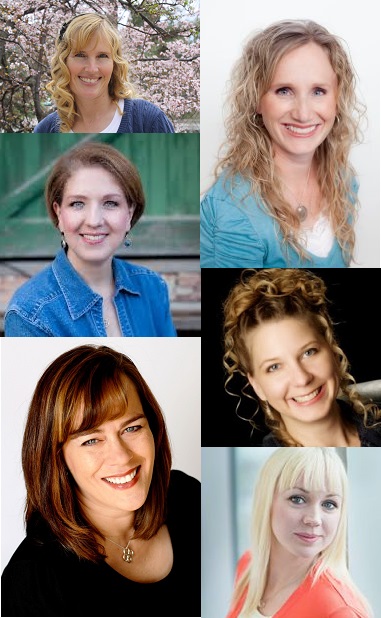First off, a caveat:
What I'm about to talk about is something you shouldn't worry about until you reach the revision stage.
Don't get anxious over this kind of thing while you're drafting, or you'll drive yourself loony trying to make a perfectly clean first draft. Write that first version with as much dead wood as flows from your fingertips; you can always fix it later. Let that creative side have free rein.
For that matter, chopping out dead wood in a manuscript is something you deal with after the first or second revision. Really, don't stress about this stuff until you're at the clean-up stage, tightening things and spit-polishing so you really shine.
But do take the time for that spit polish. If you watch out for these kinds of things before you actually submit, your work will read smoother. You'll get your point across easier and more effectively. Your reader (potential editor/agent) will be more likely to notice your story, your voice, yes, even your brilliance, when the clumsy stuff is out of the way.
It's smooth writing that readers slip into without even realizing it.
So with all that said, here we go:
Most "dead wood" consists of extra words, padding that just isn't pulling any weight or adding anything to a sentence.
Sometimes it shows up as a redundancy, such as, "true fact," "fictional novel," or "famous celebrity." Or something else that's obvious, like the "shoe on his foot" or "the smile on her face." (Where else would the shoe or smile be? If the shoe is on his ear, that is worth mentioning.)
In those cases, cut the redundancy. In many cases, you'll be able to find simpler ways of saying the same thing to get the message across better.
For example, a good chunk of the time, things like "to go to" can be simplified or cut altogether.
Instead of: I started to go to school at NYU.
Try:
I started school at NYU.
I went to NYU.
Or several other variations that are more precise.
Another dead wood issue I see a lot of is "would" in sentences where it doesn't belong. A lot of times, "would" adds even more words so the sentence will make sense (like "that"), so you end up with significant meaningless padding.
Instead of: We would go to the movies every weekend.
Try: We went to the movies every weekend.
Instead of: If asked, I would tell people that I didn’t like pickles.
Try: If asked, I said I didn’t like pickles.
In the following example, we have a was -ing verb (note that on your "red flag" list of dead wood) as well as a "that":
Instead of: As I was looking for a pair of shoes that was comfortable
Try: As I looked for a pair of comfortable shoes
Here's another was -ing/that sentence. Note how it's has two uses of "was."
Instead of: I was wanting something that was unknown to me.
Try: I wanted something unknown to me.
Start and began are two more words that get thrown in a lot:
Instead of: She began describing the kinds of dessert she likes.
Try: She described the kinds of dessert she likes.
Here are more dead wood examples. As you read each one, see if you can rewrite each one in your head to make it cleaner before you read my rewrite.
Keep in mind that there is no right answer here. You might come up with a better way to cut the dead wood than I did.
Dead wood: There were two or three coaches who were eyeing me as a player for their teams.
Cleaned up: Two or three coaches eyed me as a recruit.
Dead wood: throughout this time
Cleaned up: now
Dead wood: the manner in which
Cleaned up: the way
Dead wood: I wasn’t successful in putting
Cleaned up: I couldn’t put
Dead wood: was the result of being embarrassed
Cleaned up: was from embarrassment
Dead wood: began to be
Cleaned up: became
Dead wood: I asked all of the questions that were troubling me
Cleaned up: I asked all the questions troubling me
Dead wood: Felt like . . . . to me.
Cleaned up: Felt like [cut “to me”]
Dead wood: Because of the love that I felt for them
Cleaned up: Because of my love for them OR Because I loved them
Dead wood: Struggled with the ability to
Cleaned up: Struggled to
Dead wood: At the time when
Cleaned up: When
Dead wood: Is going to
Cleaned up: Will
Dead wood: I wasn’t able to
Cleaned up: I couldn’t
Dead wood: throughout the duration of
Cleaned up: throughout OR during
To avoid the dead wood traps, do a search of your manuscript for words like would, was, that, start, began, there was, and any others you notice that have become "pet" words for you. (I tend to over use "just," for example. I had to cut a couple from this post!)
Try to rephrase each sentence you find, using new words that are more effective. A lot of the time, you'll be able to cut the problem words out altogether. Other times, you'll come up with powerful verbs that make a punch.
And in the end, your efforts will be obvious . . . because your readers won't notice your words.






